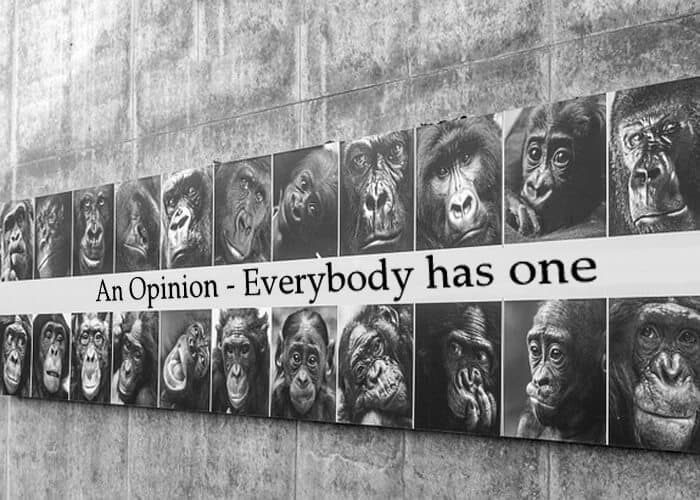In California, marital privilege has a long history dating back to 1851. In 1965, the set of codes was revised and named Evidence Code. In essence, this law identifies two types of marital privileges. The first is the right not to be a witness against one’s own spouse. The second is a spouse’s right to not disclose private marital communications. Furthermore, the privileges do not apply if the couple is divorced. Marital privilege law is complex with many exceptions embedded within it. It requires a savvy attorney and judge to interpret this essential part of the state’s evidentiary code.
Key Takeaways:
- The first part of the testimonial component of the marital privilege is the the right not to be called as a witness against one’s spouse. This part of the privilege only applies in situations where someone wants Whitney to testify against Perry. It does not protect confidential information exchanged between them.
- The second half of the marital privilege protects information shared between spouses from being disclosed during and after the marital relationship. In contrast to the testimonial component, this part of the privilege is held by both Whitney and Perry and it allows them to refuse to disclose—and prevent someone else from disclosing—a confidential communication made during marriage.
- The complexity of the marital privilege certainly keeps attorneys on their toes. But, once the nuances of the marital privilege are fully mastered, an advocate is armed with important knowledge when going into a deposition or court proceeding involving the testimony of a client’s spouse
“Section 395 of the new law read: “A husband shall not be a witness for or against his wife, nor a wife a witness for or against her husband; nor can either, during the marriage, or afterwards, be, without the consent of the other, examined as to any communication made by one to the other during the marriage.”





